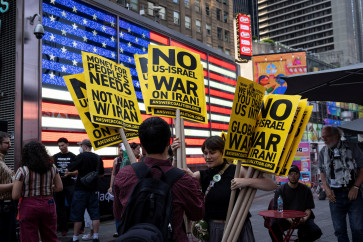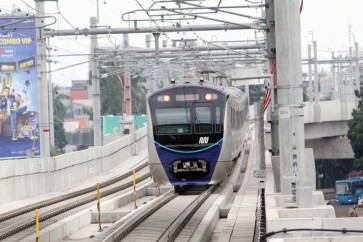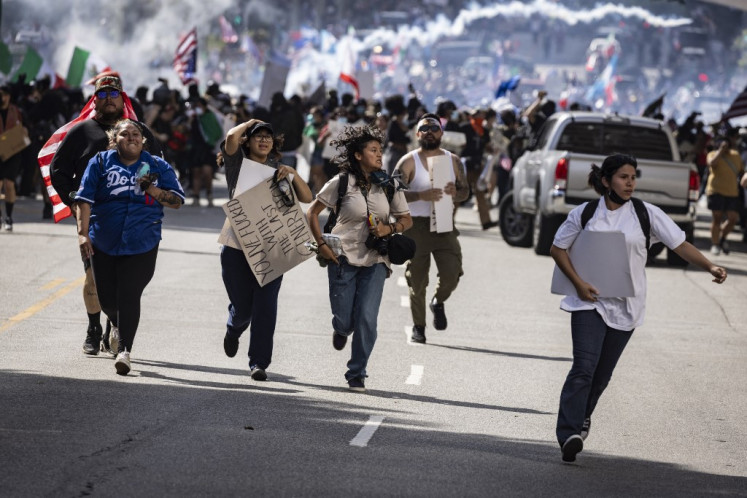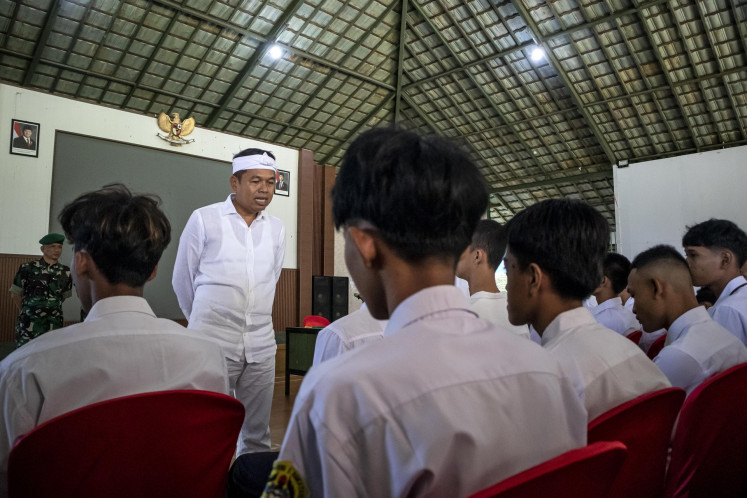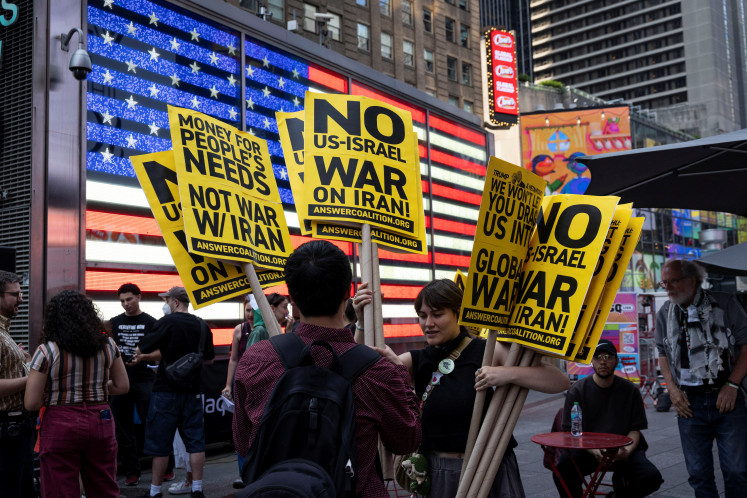Controlling Freeport Indonesia
United States-based mining giant Freeport McMoRan’s Indonesian unit, which has been operating one of the world’s biggest copper and gold mines in Papua since 1973 has long been able to dodge government regulations to maximize its own commercial benefits, often by exploiting weak governments and taking advantage of greedy politicians
Change text size
Gift Premium Articles
to Anyone

U
nited States-based mining giant Freeport McMoRan’s Indonesian unit, which has been operating one of the world’s biggest copper and gold mines in Papua since 1973 has long been able to dodge government regulations to maximize its own commercial benefits, often by exploiting weak governments and taking advantage of greedy politicians. Freeport also has been infamous for dealing with government regulations in bad faith.
Its contract of work (CoW), which was extended in 1991 by 30 years to 2021, required Freeport Indonesia to divest another 10 percent of its shares to national interests, as the government had earlier acquired 10 percent. By 2011, Freeport should have divested at least 51 percent.
The company did make the 10 percent divestment but without any consideration for the interests of the Indonesian people. Freeport sold its shares to Indonesian businesspeople but these politically well-connected businessmen simply used the shares as a speculative investment for their own benefits. Through a series of questionable share deals, the 10 percent shares were later repurchased by Freeport so that at present it still controls around 90 percent of Freeport Indonesia.
Based on the 2009 Mining Law, Freeport and other mining companies were supposed to have built smelters by 2014 as they should have been prohibited from exporting unprocessed minerals. But Freeport has used its substantial role as a major source of export earnings and revenues for the central government and regional administrations as leverage to demand an easing of the export ban. The government bowed to the demand and allowed unprocessed mineral exports until December 2016, the new deadline set for the completion of the smelters.
Come January 2017, Freeport again asks for special treatment as its smelter is only about 30 percent completed. The government, afraid of a drastic fall in revenues and export earnings, again succumbs to the demand with a condition: Freeport and other mining companies have to convert their CoWs into special mining business licenses and must complete their smelters within the next five years and immediately divest at least 51 percent of their shares .
In the case of Freeport, the divestment of another 41 percent, based on its own valuation would be worth around US$6.6 billion. Certainly, the procedures and processes used by Freeport to assess the value of its Indonesian assets are open to debate. However, the complex valuation process should not be allowed to protract the divestment process.
This time, the government should persevere with the Mining Law enforcement, and not renew Freeport’s license to export unprocessed minerals until the 51 percent divestment to national interests has been completed.
To avoid endless haggling in the asset valuation process, the valuation of the Freeport assets in Papua could be modeled on the valuation process of the assets of the huge Newmont Nusa Tenggara Barat copper and gold mine when Indonesian energy company Medco acquired the mine last year for $2.66 billion from a joint venture of US-based Newmont and Japan’s Sumitomo, partly funded by syndicated loans from three state banks.


